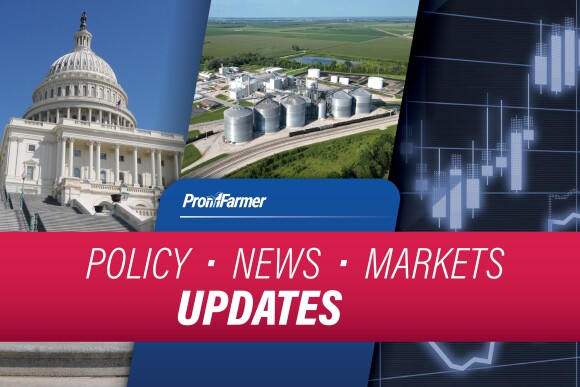Policy Update
In an analysis published yesterday, the American Farm Bureau Federation (AFBF) projects that margins for most of the major U.S. row crops will deteriorate further this marketing year, as producers face elevated input costs and weak export demand.
Just two weeks after the announced trade truce between China and the United States, Chinese purchases of American soybeans have unexpectedly stagnated, and traders now say they see no new orders coming in.
The USDA is fighting court orders to distribute full Supplemental Nutrition Assistance Program (SNAP) benefits for November despite the looming reopening of the federal government.
Passed by the Senate last night, a new stopgap spending bill to fund the government through January 30 includes a one-year extension of key Farm Bill programs.
Trump administration officials are standing firm after a tense Supreme Court oral argument this week cast doubt on the legality of the president’s sweeping tariff authority.
During oral arguments yesterday, multiple justices challenged the argument that the president may impose sweeping tariffs under the International Emergency Economic Powers Act (IEEPA) of 1977.
China has confirmed that beginning November 10, it will suspend retaliatory tariffs but will retain the 10% levy and 13% tariff on U.S. soybeans.
The USDA has announced it will use its contingency fund to cover November benefits for the Supplemental Nutrition Assistance Program (SNAP), but only at a reduced level.
The USDA has confirmed that it will publish a long-awaited crop supply and demand report on November 14 — despite the ongoing federal government shutdown that halted the regular October release.
Federal judges in both Rhode Island and Massachusetts ruled today that the USDA must use its available contingency-fund reserves to continue providing SNAP benefits during the ongoing federal government shutdown.
Farmers and ranchers already dealing with tight margins may soon face another financial hit: a steep jump in health insurance premiums. The expanded Affordable Care Act (ACA) tax credits that have kept many farm families’ monthly costs manageable are set to expire at the end of the year unless Congress extends them.




